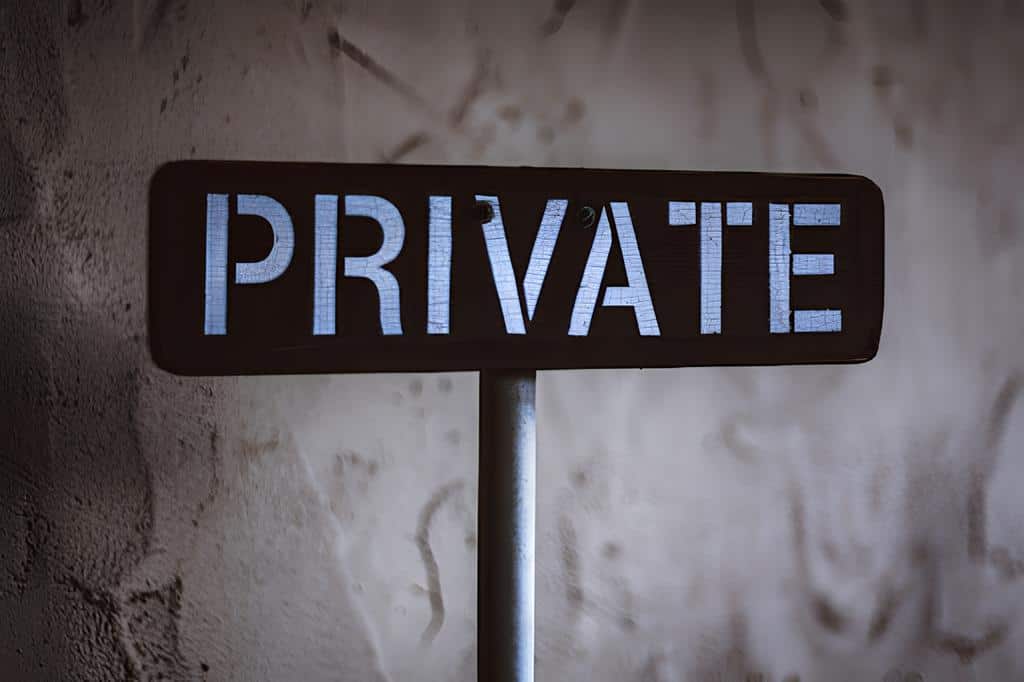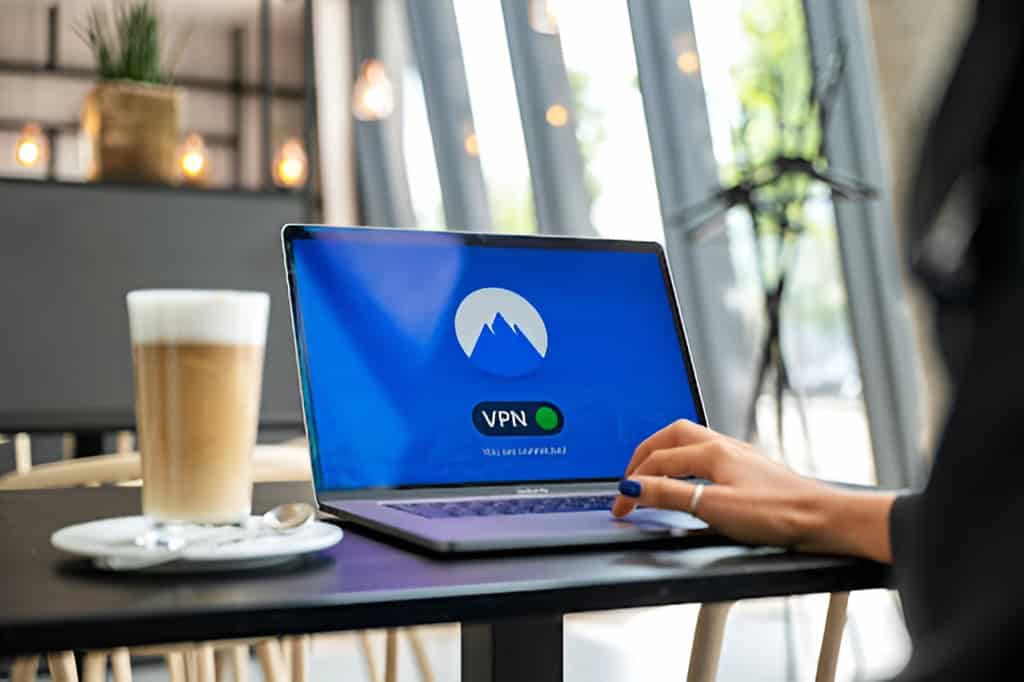We rely on the internet for education, entertainment, shopping, work, and staying connected with friends, family, and others. Unfortunately, the convenience of the World Wide comes with several substantial risks. These include cyber threats, censorship, and privacy concerns, all of which can be navigated through the use of the Virtual Private Network (VPN). Do you use a VPN when browsing the internet? Here are some of the reasons you should have answered yes.
What is a VPN?
A VPN is a service that creates an encrypted and secure connection between your device and the internet. Your internet traffic is routed through a remote server, which masks your IP address and makes it appear you are browsing the internet from a different location. The encryption levels are so high that it is impossible for prying eyes, including those of your Internet Service Provider (ISP) or even the government, to see what you are browsing.
Why Should You Use a VPN?
The internet is not the same everywhere. Many websites and online services restrict visitors’ access based on geographical location. For example, popular streaming services such as the BBC iPlayer or Netflix offer different libraries in different countries. Some countries have strict internet censorship and block popular sites like Google, social media channels, news sites, and sports websites.
Using a VPN enables you to bypass these geolocation restrictions by connecting you to a server in a different location. This makes it appear that you and your device are browsing the internet from the server’s location rather than where you are physically located. This, in turn, gives you access to content that would otherwise be inaccessible.
Although VPNs are perfectly legal in most countries, using them to bypass government-imposed censorship can be illegal, and being caught using them often carries significant penalties. VPNs are banned in Belarus, Iraq, and North Korea, while only government-approved VPNs are permitted in Egypt, India, Turkey, and Russia. These government-approved VPNs allow authorities to monitor users, which removes one of the most popular features of a VPN: enhanced privacy and anonymity.
Improved Privacy

Aside from navigating geographical restrictions and censorship, improving privacy and anonymity is one of the primary reasons for VPN usage worldwide. Everything you do on the internet leaves a digital trail that people and organizations with the correct know-how can find and monitor. Without a VPN, your IP address is exposed, which reveals your location and potentially your identity.
Websites, advertisers, and your Internet Service Provider (ISP) can track your online activities. Do you want your ISP to know what you look at on the World Wide Web? Even if your browsing is entirely innocent, why should someone see that information?
ISPs often throttle or slow down your internet connection’s speed based on your online activities. Gaming, streaming, and torrenting can be bandwidth-intensive, resulting in your ISP throttling your connection, particularly during peak times. A VPN can help prevent throttling because your data is hidden from your ISP. Although your ISP can see that you have internet traffic going backward and forward across your connection, they cannot see what it is or where it is going, meaning they are less likely to throttle your connection when you need it at full speed.
In addition, VPNs encrypt your data using 256-bit AES, which makes it impossible for a hacker or anyone else to see your data even if they intercept it. Such encryption levels cannot be cracked by quantum computing, and brute-forcing the encrypted data would take longer than the universe has existed! Your data is 100% safe when encrypted by a VPN.
Enhanced Shopping and Travel Booking
Have you ever browsed a website for flights or hotel rooms one day and then returned later in the week only to discover the price has increased, sometimes substantially? This is often the result of the website tracking your activity. Such websites leave cookies or track your IP address so they know you are interested in a particular flight or hotel stay. When you return to the website, the prices increase because the website owner knows you want that flight or room.
Using a VPN to access such sites prevents this because you will look like a new user each time you visit. Furthermore, some airlines and hotels vary their prices based on your location, so booking from a different virtual location can help you save money or access deals that may not be available in your region.
It is a similar story when shopping for everyday items or electronics. Certain products may not be available in your region or be vastly more expensive. A VPN enables you to access shopping websites from different countries, opening the door to potentially massive savings.
Improved Security For You and Your Clients
Many of us lead busy lives that require us to travel for work. We often access the internet via public WiFi networks in airports, cafes, and hotels, and these connections are notoriously insecure. The encryption a VPN provides makes it virtually impossible for cybercriminals targeting these networks to access your data, giving you peace of mind that your data will remain out of the hands of unscrupulous people.
VPNs protect not only your data but also that of your employer or clients. Ever since the COVID-19 pandemic, millions of people either work remotely full-time or spend a day or two working from home. Remote workers will often access sensitive information or require access to corporate networks. VPNs allow employees to access this information and these resources without fear that data will end up in the wrong hands.
Conclusion
Using a VPN is more important than ever because almost everything we do goes through the internet. VPNs encrypt your internet connection, mask your IP address, and enable you to bypass geographical restrictions. Best of all, the best VPNs are not expensive; they are often available for the price of a take-out coffee per month.
As cyberattacks evolve, investing in a reliable VPN becomes increasingly essential and prudent. With a VPN, you can take control of your privacy and enjoy the freedom of the internet.
